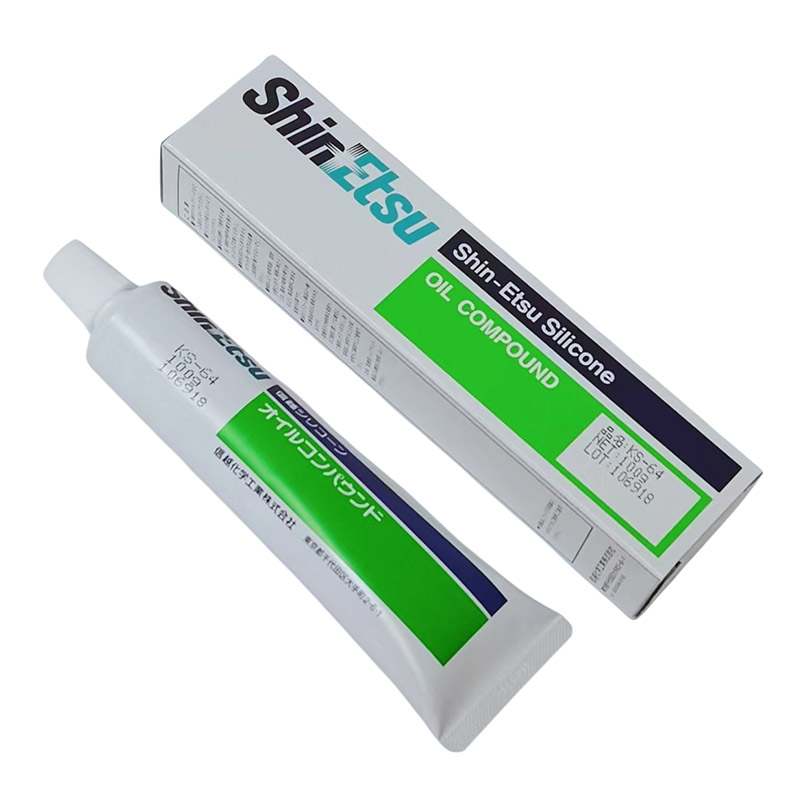Does Silicone Grease Damage Rubber?
Silicone Grease is widely known for its stability, resistance to moisture, and long-lasting lubrication. A common concern among engineers and users is whether it damages rubber components such as O-rings, seals, or gaskets. The answer is no—silicone grease does not damage rubber. In fact, it is one of the most recommended lubricants for rubber materials because it protects, preserves, and extends their service life.
Table of Contents
Why Silicone Grease is Safe for Rubber
Chemical Inertness
Silicone grease is non-reactive with most elastomers. Unlike petroleum-based greases, it does not cause rubber to swell, crack, or degrade.Moisture Resistance
It forms a protective barrier against water, preventing rubber seals and O-rings from drying out or becoming brittle.Temperature Stability
Rubber parts exposed to heat often lose flexibility. Silicone grease remains stable across a wide temperature range, keeping rubber supple and functional.Oxidation Protection
By shielding rubber from air and ozone, silicone grease slows down aging and surface cracking.
Applications with Rubber Components
O-Rings and Seals: Used in plumbing, automotive, and machinery to ensure leak-free performance.
Gaskets: Keeps rubber gaskets flexible and prevents them from sticking during assembly.
Electrical Connectors: Protects rubber boots and seals around terminals from moisture ingress.
Vacuum Systems: High vacuum silicone grease provides reliable sealing without damaging delicate rubber parts.
industrial vs. Thermal Conductivity Silicone Grease
industrial Silicone Grease (Lubricant, Bearing, High Vacuum): Perfect for sealing and protecting rubber components in pumps, valves, and mechanical systems.
Thermal Conductivity Silicone Grease: While primarily used in CPUs, MPUs, and Electronics for heat transfer, it can also be applied in systems where rubber insulation is present, without causing damage.
Best Practices
Apply a thin, even layer to rubber parts to avoid attracting excess dirt or dust.
Ensure compatibility with specialty rubbers (like fluorocarbon or nitrile) by testing a small area when working in critical applications.
Avoid mixing silicone grease with petroleum-based greases, as the latter may negatively affect rubber.
Conclusion
Silicone grease does not damage rubber—instead, it protects, lubricates, and extends its life. From O-rings in plumbing to seals in automotive systems, silicone grease is trusted for its inertness, stability, and resistance to harsh conditions. As a supplier of industrial and thermal conductivity silicone greases, we provide solutions that safeguard rubber parts while delivering consistent performance in both heavy-duty machinery and advanced electronics.





